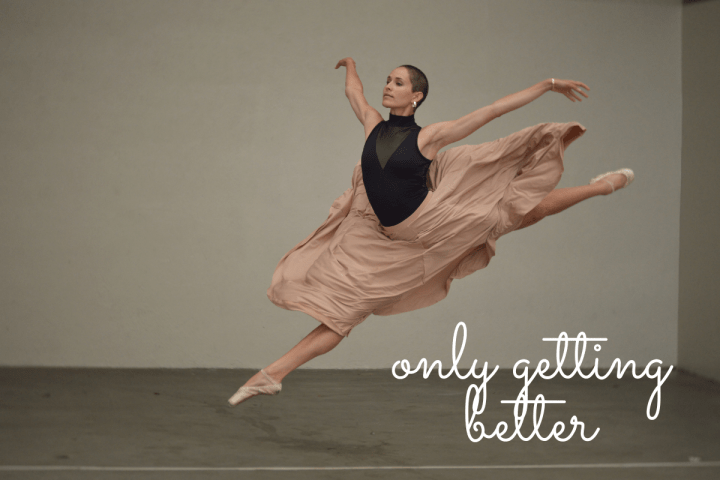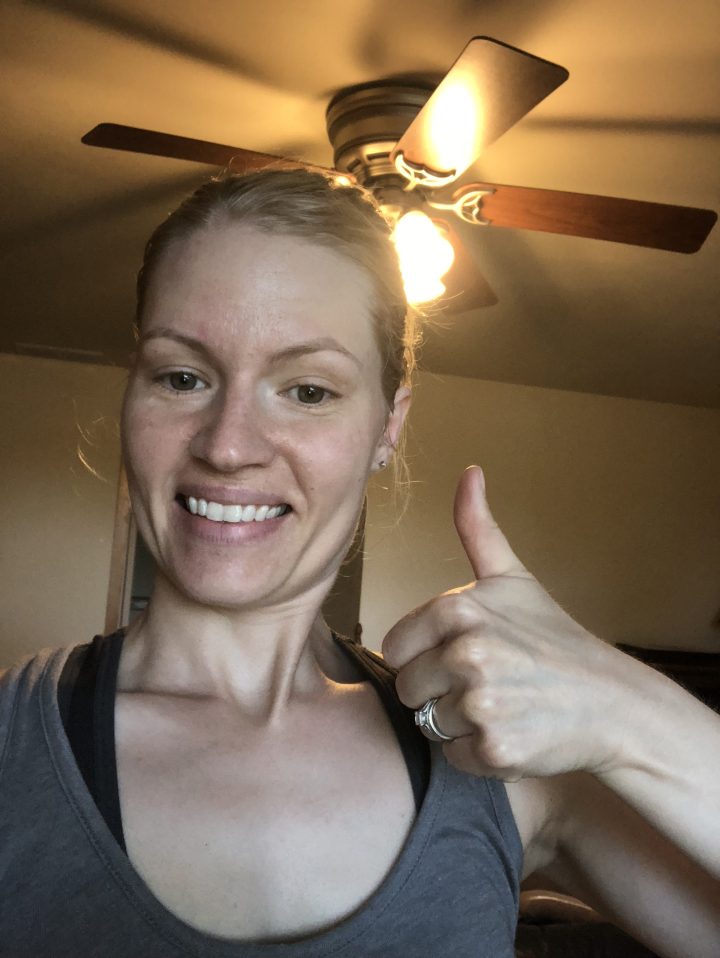
Are you stuck in a rut of boring piano practice?
Although learning a musical instrument is hard work, it doesn’t have to be boring.
There are simple ways that you can make piano practice fun.
And if you keep practice time entertaining, you’ll want to keep playing and will make more progress in the practice room.
If you think about it, piano fun actually means faster growth.
So don’t let stale practice sessions hold you back from your piano goals!
Keep reading to find simple tips you can use to ultimately become a better pianist.
Let’s get to it!
This post may contain affiliate links. As affiliates of the Amazon associate program, Modacity, Dr. Josh Wright ProPractice, Musicnotes, Playground Sessions, and Piano Marvel, I may receive a commission at no extra cost if you purchase through a link. Please see my full disclosure for further information and privacy policy. I take no credit for the images appearing on this page. Certain photos are courtesy of Canva. Although I am a nurse practitioner, I am not YOUR medical provider. The information in this post is for informational purposes only. It does NOT replace individualized health information from a qualified medical professional. Please see a qualified medical professional for individualized assistance with your health and wellness.
Play What You Love

I’m never more motivated in the practice room than when playing a piece I love.
In fact, my college piano professor always let me choose my own music to study each semester.
And I believe this was because, over her many years of teaching, she found that students were more motivated to play the pieces that spoke to them.
It doesn’t matter whether you play classical music, jazz, or pop.
You’ll always be infinitely more motivated to spend time at the keyboard if you play those pieces you just can’t get out of your head.
Try playing your favorite song.
Or the music from that video game you’ve played since you were 12.
It doesn’t matter what the music is as long as it motivates you to play.
Don’t Take Yourself Too Seriously
Classical music especially has a long tradition of very serious performances.
No one smiles.
There’s absolute silence during performances, and audience members are given “the look” if they clap too soon after the pianist has finished.
It’s like a PGA golf tournament where course officials have to hold up a sign before you’re permitted to clap, cough, or sneeze.
But the whole point of music is creative expression.
Making music is about expressing a wide range of emotions.
And if you’re no longer enjoying your piano sessions, you may need to focus on taking yourself less seriously.
Ease up on yourself!
Work toward releasing perfectionism and cultivating a more peaceful mindset.
Go back to why you started playing piano in the first place.
And look for ways you can infuse more fun into your piano playing!
Join a Band or Ensemble
Sometimes, having a special interest or passion can be very isolating.
You might find that others don’t share your enthusiasm for a specific topic and, therefore, don’t want to spend hours discussing it.
Although playing an instrument by yourself can have its rewards, it can also lead to a loss of motivation because there’s no one keeping you accountable.
But the great thing about playing an instrument is that there are other people out there who also play instruments.
Other people who are just as passionate as you.
And finding those people is one way to reignite your passion and love for the instrument.
I’ve played with several bands and ensembles and find it incredibly entertaining.
I love accompanying choirs and talented soloists because it’s a surefire way to improve my skills!
And even if you love playing classical music, you’ll find playing with a country or pop band is easier in some ways because of the repetitive chord progressions.
Regardless of the type of music you love, playing with others is a great way to infuse more fun into your piano music!
Perform More
If your practice sessions feel pointless, perhaps it’s because you need to regularly showcase your skills to others.
Certain personality types crave the attention that comes from performing.
Performing is an adrenaline rush, even for professional musicians.
And if it’s been a while since you’ve experienced the thrill of performing, it’s time to get yourself back out there!
You could put on a recital for your family.
Or decide to hone your skills for an exam.
The ABRSM exam has an online option where you record your performance and submit it for evaluation.
Joining a Facebook group is another way to regularly submit your performances.
Or find a local church that needs a piano player as a way to play in front of others.
If you look around, you’ll find many ways to incorporate performing into your musical experience.
Knowing that you have an upcoming performance can add a spark to an otherwise bland practice session!
Perform Less
Sometimes, performing too much can lead to burnout.
Although there are situations when you can choose what you will play for a performance, there are others when the music is selected for you.
You may be forced to play sheet music that you don’t really like.
And as a result, your practice routine may become incredibly dull.
If you’ve had many recent performances, it may be time to take things at your own pace for a while.
Back down from performing and focus on playing any piece of music that makes you happy.
It doesn’t have to be difficult, and you don’t have to play the entire piece.
Focus on playing only what makes you happy.
You might just find that your enthusiasm for practicing skyrockets!
Find a Teacher

If you aren’t having much fun in your practice sessions, it might be because you’ve reached a plateau.
You may have piano goals but are unsure how to attain them.
Getting a piano teacher can help you bring focus back to your practice sessions.
And for many people, having a sense of focus also adds an element of enjoyment to the process.
The best teachers can help you achieve your goals and infuse fun into practice sessions and playing.
Sometimes, you can find a teacher willing to give lessons on an occasional basis.
In other situations, committing to weekly piano lessons might be your best option.
Ready to find a teacher? Read this post for advice on finding the perfect teacher for you!
Commit to Practice
Practice can become boring if you don’t do it enough.
For example, relearning the same thing repeatedly because you don’t practice frequently enough is boring and unmotivating.
Regular practice puts you closer to your goals and makes the practice experience more fun.
Although the grunt work (scales, memorizing, and working with the metronome) can be tedious, the end result of playing a piece flawlessly is so worth it!
And regular practice doesn’t mean hours a day.
In fact, I make more progress with 10-20 minutes a day than I ever made with 1-2 hours.
Keep your sessions short and commit to a schedule that works for you.
Check out this post for more information on my secret weapon for efficient practice!
Save the Best for Last
The best way to get through a practice session is to save that song you’ve been longing to play for last.
Get through everything you need to play first, but always end with something you love playing.
This technique will leave you wanting to come back to the piano again tomorrow and is a reward for putting in the work.
It’s a bit like dessert at the end of the meal.
And it keeps you grounded in why you keep coming back day after day … because you love the instrument!
Find a New Genre
If playing has become dull, it’s time to branch out.
I’m not saying you have to completely abandon your repertoire.
It may be time to incorporate something new into your practice.
If you generally play classical, try incorporating some jazz into your sessions.
Or work on ear training by playing the songs you hear on the radio.
Open your mind to all the different possibilities out there and push the limits of your current musical boundaries!
Get Inspired

A couple years ago, I attended a wedding at a large hotel.
The music consisted of a 10-person band, and the music was awful.
It was way too loud and incredibly obnoxious.
But in a different part of the hotel, a musician played guitar and sang covers of all kinds of songs.
He was absolutely incredible!
Needless to say, I spent most of the night listening to him singing various songs.
The experience inspired me to incorporate more singing into my own practice sessions because I was so awed by his talent.
It also encouraged me to find ways to be more spontaneous with my playing.
Look for ways you can be inspired to stretch the limits of your musicianship.
And thanks to the internet, inspiration is everywhere!
You might be surprised at where inspiration will strike.
Teach
One of the best ways to keep your love for the piano alive is to share it with others.
And a great way to do that is through teaching others.
I’ve taught off and on through the years and find it incredibly inspiring.
Helping students through sticky spots and teaching them about practice fuels my own excitement for the instrument.
You don’t need a master’s in music to get started.
As long as you are even a little farther along in your musical journey than someone else, you can be a source of guidance.
And thanks to technology, you can even share your knowledge through online courses or lessons.
Teaching is one of the most gratifying ways to share your passion!
It’s Your Turn
I hope this post has sparked joy and given you ideas for making piano playing more fun this year!
Now is the best time to examine your routines and attitudes about practice and to find ways to infuse excitement into the process.
When it comes to learning a musical instrument, there will always be an element of hard work involved.
But there should also be fun.
After all, what’s the point if you’re not enjoying the time you spend playing?
I’d love to hear your thoughts in the comments below!
How are you planning to make your piano playing more fun this year?
If you love this post, check out my other fantastic piano-inspired content!
- How to Stay Motivated to Play Piano: Practice Tips
- Learn These 4 Chords to Play (Almost) Any Song Ever Written!
- Why You Should Embrace Being Bad at Something
- 25 Tips for How to Stay Focused When Practicing the Piano
- Best Keyboard Piano for Adult Beginners
- 8 Most Beautiful Classical Piano Songs Ever Composed
- 8 Best Books for Adult Beginners to Learn Piano
- 9 Most Famous Pieces by Sergei Rachmaninoff
- 13 Easy Classical Piano Pieces for Adult Beginners
- How to Practice Piano with Modacity: The Ultimate Guide






































